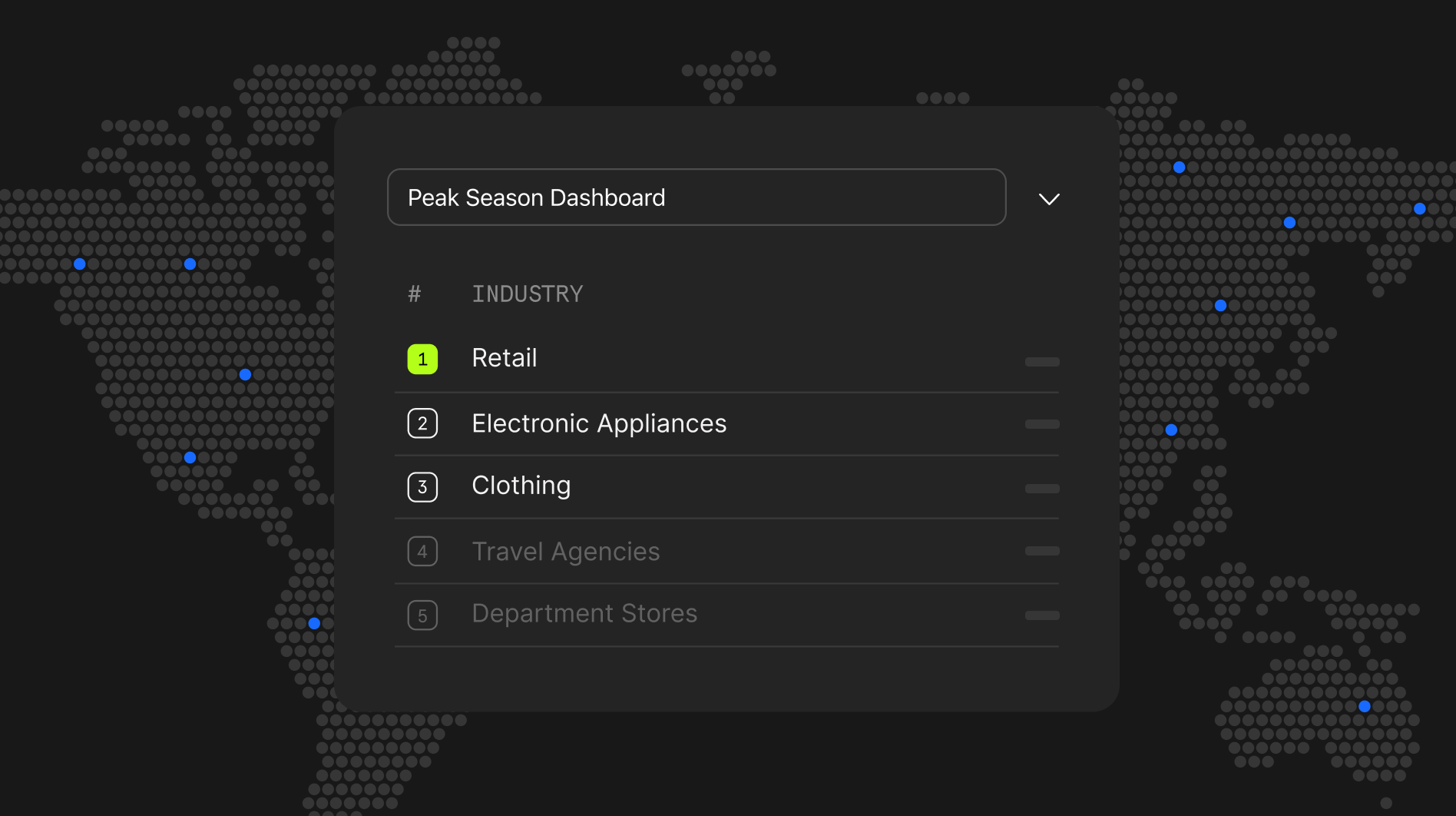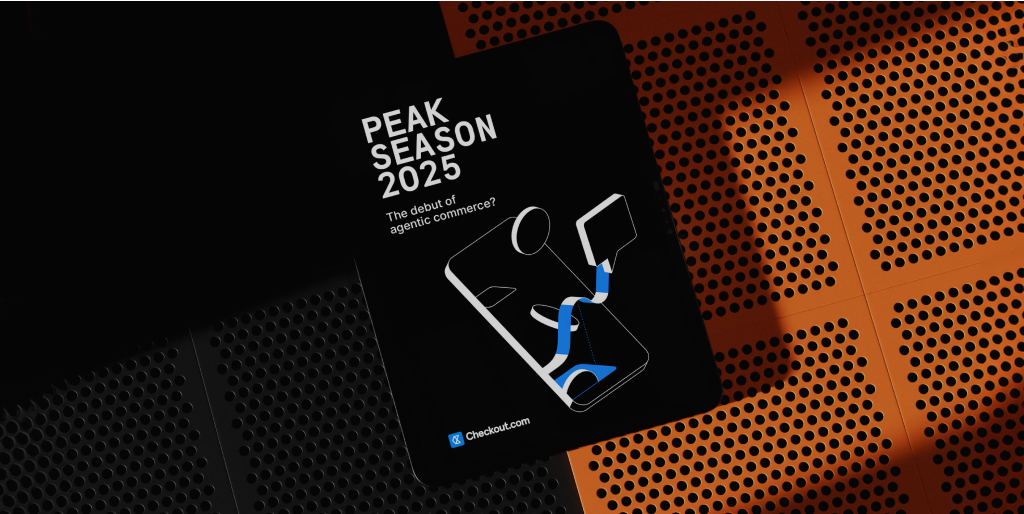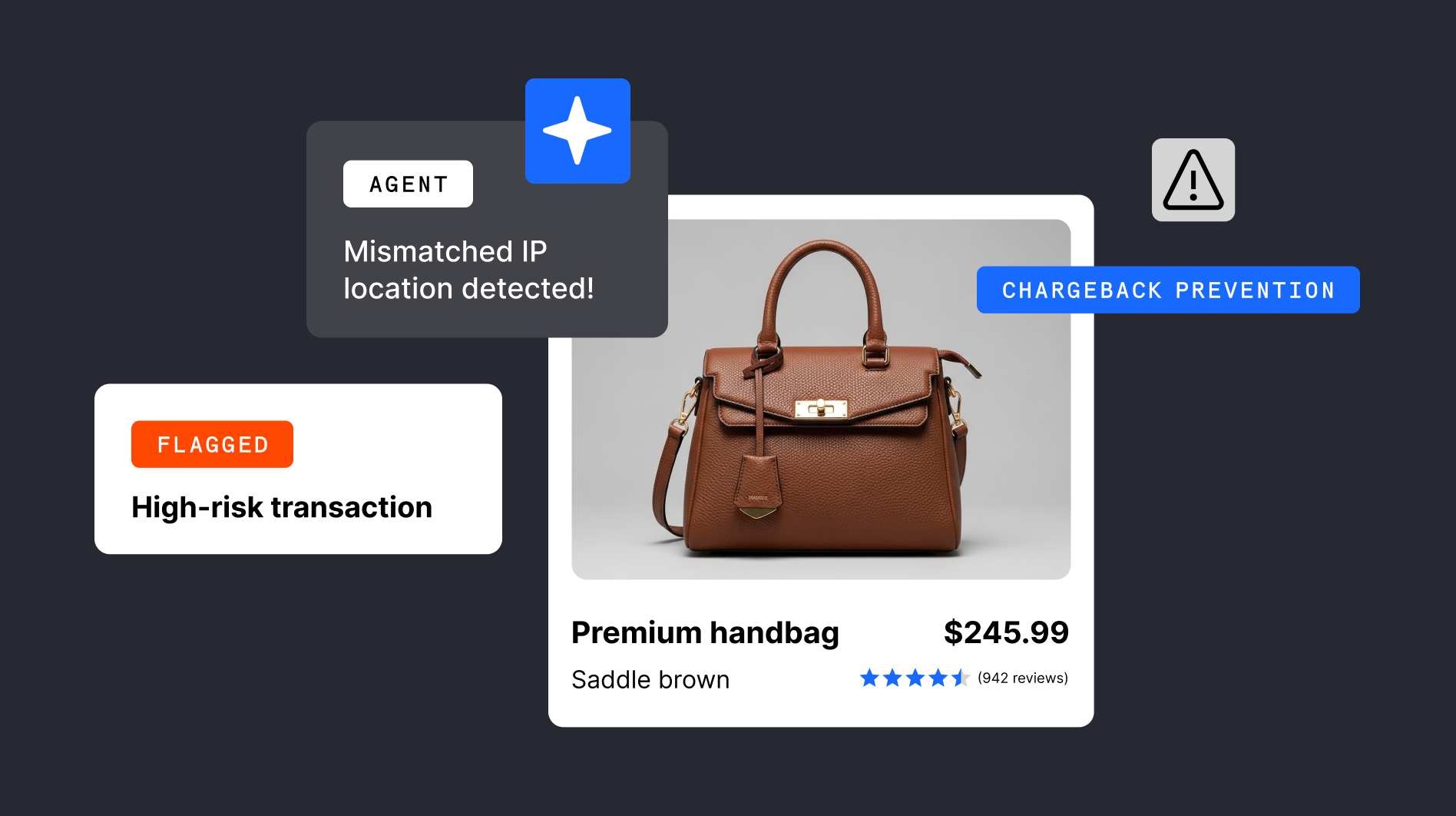Payment gateways and processors handle the complex task of routing payments from your customers to your business. But what’s the difference between the two? And which would suit your business best? With so many payment gateways and processors available, it can be difficult to choose the right option.
In this article, we'll explore the key factors to consider when choosing a payment gateway and processor, and why having a unified end-to-end solution can be beneficial for your business.
Whether you're just starting or looking to switch providers, this page will help you make an informed decision about how you can streamline your payment processes.
What is a payment gateway?
A payment gateway is a technology that enables businesses to securely process card transactions online, acting as a bridge between your website or app and the payment processor or acquiring bank.
In the digital economy, it serves a similar function as a point of sale (POS) device does in the physical world. Payment gateways can also facilitate alternative payment methods, including digital wallets.
Here’s how it works: The payment gateway collects the payment information from your customers, encrypts it, and sends it to the payment processor or acquiring bank for approval. Once the payment is approved, the payment gateway returns the confirmation to your online store or app, allowing you to complete the transaction.
Given the sensitivity of the information involved, payment gateways must ensure the security of customer and financial data. This is done using advanced technologies such as network tokenization and encryption, which are implemented in accordance with industry standards like PCI compliance. They also offer fraud detection and prevention tools, helping you to protect your business and customers from fraudulent transactions.
If you're venturing into ecommerce, it's essential to use a payment gateway to ensure the validity of credit cards in a virtual setting. Without it, you could be susceptible to fraud from customers using false information, or having insufficient funds in their accounts to complete transactions, which can lead to costly chargebacks.
When to use a payment gateway
- Establishing an online business or ecommerce store
- Collecting payments via phone without a physical credit card
- Accepting in-person payments without investing in a complete POS system.
How to choose a payment gateway
If you're in the market for a new payment gateway, or considering switching providers, here are some factors to consider:
- Compatibility with your business – Make sure the payment gateway you choose is compatible with your website or app. Some gateways are better suited for ecommerce, while others are designed for traditional face-to-face sales.
- Accepted payment types – Different countries have their own preferred payment methods. That’s why you should always ensure the payment gateway can cater to these payment types depending on your target customers and where you do business.
- Integration – Consider the costs and changes required to integrate with a new payment gateway, especially if your business already has relationships with other suppliers.
- Security – Make sure the payment gateway has the necessary accreditations to store, process and transmit sensitive customer and financial data, including PCI compliance.
- Fee structure – Understand the costs and contract terms of each provider to make effective comparisons between payment gateways.
- Extra services offered – Consider which other services are available from the payment gateway that could make it easier for our business to grow, such as data analytics, or fraud and risk management.
- Customer support – Are you comfortable with the level of technical and customer support offered by the payment gateway, particularly in your time zone and language?
Once you’ve considered all of these factors, you should know which type of payment gateway would suit your company’s specific needs.
What is a payment processor?
A payment processor serves as the intermediary connecting various parties involved in online transactions, including the merchant's acquirer, issuers, card networks, and banks.
The payment processor also plays an important part in preventing fraudulent transactions, by applying fraud rules throughout the payment flow that ensure the authenticity of the transaction.
To initiate a transaction via a payment processor, the customer enters their payment details into the online checkout and confirms the payment. The payment processor then transmits this information to the acquirer, which forwards it to the card network and ultimately to the card issuer for authentication and fund authorization.
Once the funds are authorized, the card scheme notifies the acquirer, which then relays the message to the merchant via the payment processor that the payment is successful.
In a nutshell, the payment processor handles the secure and efficient settlement of transactions between the merchant and the customer, ensuring a seamless payment experience.
When to use a payment processor
- If you want to sell online, and want to accept credit cards, digital wallets, ACH payments, bank transfers, and direct debits
- A brick-and-mortar store with an online ecommerce website
- A pop-up shop that operates in different locations
- A storefront that can install a permanent POS system
What’s the difference between a payment gateway and payment processor?
While payment gateways and payment processors both play key roles in facilitating online transactions, there are some key differences between them. The main difference is that a payment gateway is a service that approves or declines transactions between your business and customers, while a payment processor actually carries out the transaction.
For a quick overview of payment gateways vs payment processors, check out our table below:
It’s important to note that any card-not-present transactions must comply with PCI DSS.
Payment gateways and payment processors may seem similar, but they perform distinct functions in the online payment ecosystem. Payment gateways authorize customer credit cards and payments between the customer and the payment processor, while payment processors complete end–to–end card transactions between the merchant and the customer's bank.
A payment gateway is essentially a software application that connects the merchant's website or app to the payment processor, handling the transmission of payment data between the customer and the payment processor.
On the other hand, a payment processor is a financial institution that completes card payments between the merchant and the customer's bank. Payment processors validate transaction data, route it to the appropriate bank, and settle the funds. In most cases, they also offer extra services like fraud detection and prevention, chargeback management, and reconciliation reporting.
All-in-one payment gateways and processors, such as Checkout.com, typically support a range of payment methods, including credit cards, debit cards, and alternative payment methods like digital wallets.
Do I need a payment gateway, processor, or both?
Anyone looking to sell online will need both. Whether you need a separate or combined payment gateway and payment processor depends on the type of business you operate and how you want to accept payments.
Here are some examples of what you might need for your business type:
- Online businesses: if you run an ecommerce website and want to securely accept credit card payments over the internet, a payment gateway and payment processor are essential
- Service businesses: you're a service provider who accepts payments online and in-person, and you want to consolidate payment processing into one platform via a payment gateway.
- Brick-and-mortar: if you have a physical storefront and want to accept credit card payments at the point of sale, you’ll need a payment processor to connect with a permanent POS system
- Non-profit organizations: if you are collecting donations through your website, you will need a payment gateway to securely accept contributions and a payment processor to communicate with the acquirer
There are some risks to using an external payment processor, rather than a combined payment gateway and processor. That’s because doing so exposes your business to fourth-party risks – in addition to the third-party risk – of working with any supplier.
These risks include those associated with integration between parties, as well as potential flexibility issues with your payment platform. Choosing a payment processor that’s separate from your acquirer and payment gateway can make implementing changes more difficult.
But there’s a simple solution – if you opt for an end-to-end solution where your acquirer, payment gateway, and payment processor are provided by the same supplier, you eliminate fourth-party risks altogether. This is an important factor to consider when looking at the payment gateway vs payment processor debate.
Is Checkout.com a payment gateway and payment processor?
Yes, and having a unified payment solution that combines payment gateways and processors, such as Checkout.com helps to consolidate costs, limit engineering workload, and reduce payment flow complexity. Below, we further explain the benefits of having an end-to-end payment solution rather than separate gateways and processors:
Unified payments platform
Checkout.com provides an end-to-end payment solution, centered on a single point of integration known as the "Unified Payments API" (UPAPI). This means you won't have to worry about multiple integrations or compatibility issues. We're dedicated to helping you design a payment integration strategy that works for your business.
Simplified management
By having a single provider for your payment gateway and processing, you can simplify your payment management with helpful features like reporting and reconciliation, as well as customer support and dispute resolution.
Enhanced security
An end-to-end solution can provide better security measures, such as tokenization and encryption, to protect sensitive payment information. With a unified system, you can ensure that all transactions are processed securely, reducing the risk of fraud or data breaches.
Cut costs
These solutions can also help your business save money by bundling your payment gateway and processing services together, and you can often negotiate better rates and reduce the overall costs of payment processing.
Fix issues quickly
Having a single point of contact for all payment-related issues can greatly simplify the process of resolving any disputes or problems that may arise. Just think, if you have to deal with multiple providers for your merchant account, payment gateway, and payment processing, it can become confusing and time-consuming to figure out who’s responsible for a particular issue.
By unifying these services, you can simplify things and have the peace of mind that you can easily contact a single provider for support.
In summary, Checkout.com is an all-in-one solution that offers payment processing, acquiring, and payment gateway capabilities. With this unified approach, you can optimize authorization rates, and access data from one source rather than chasing after different banks. That means less downtime, more accuracy, and better growth.















.png)
